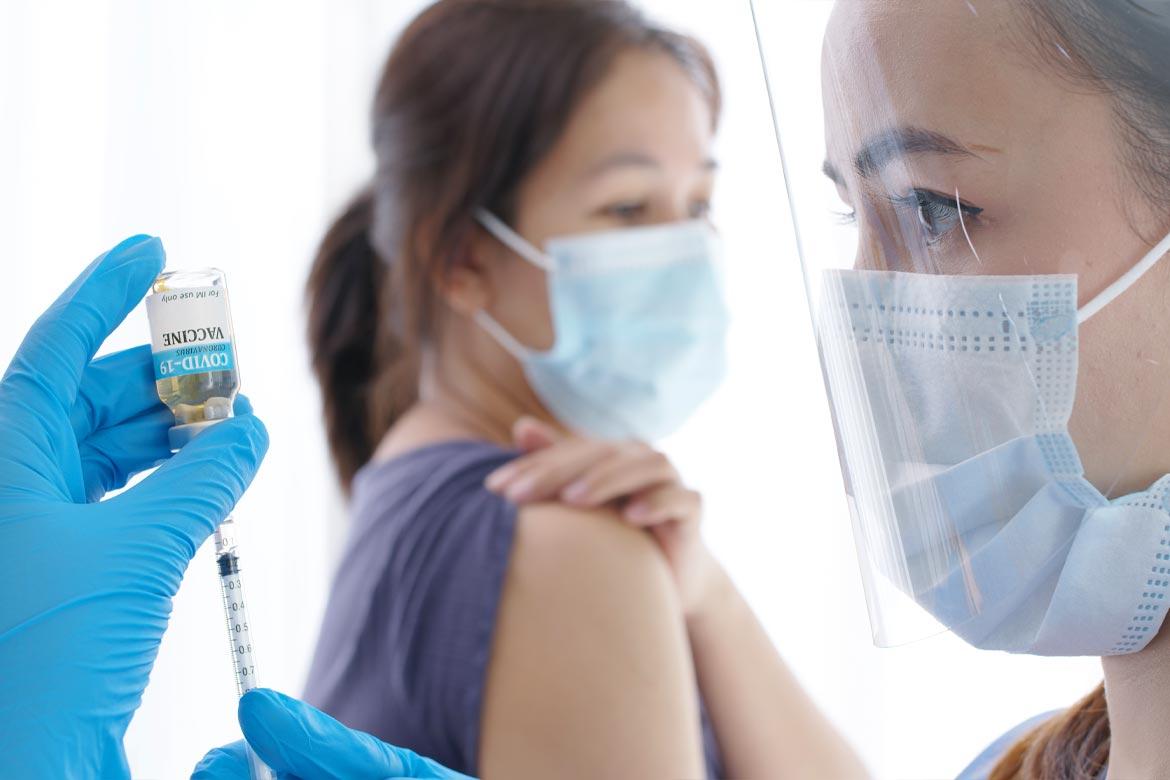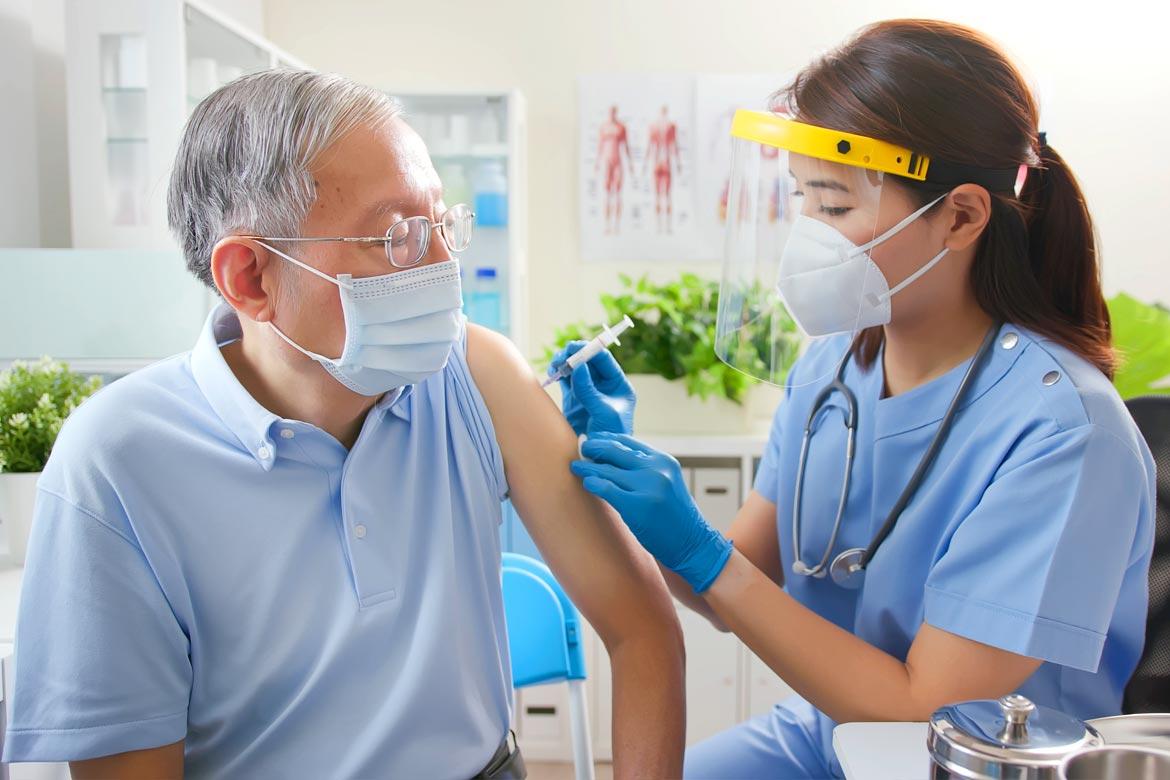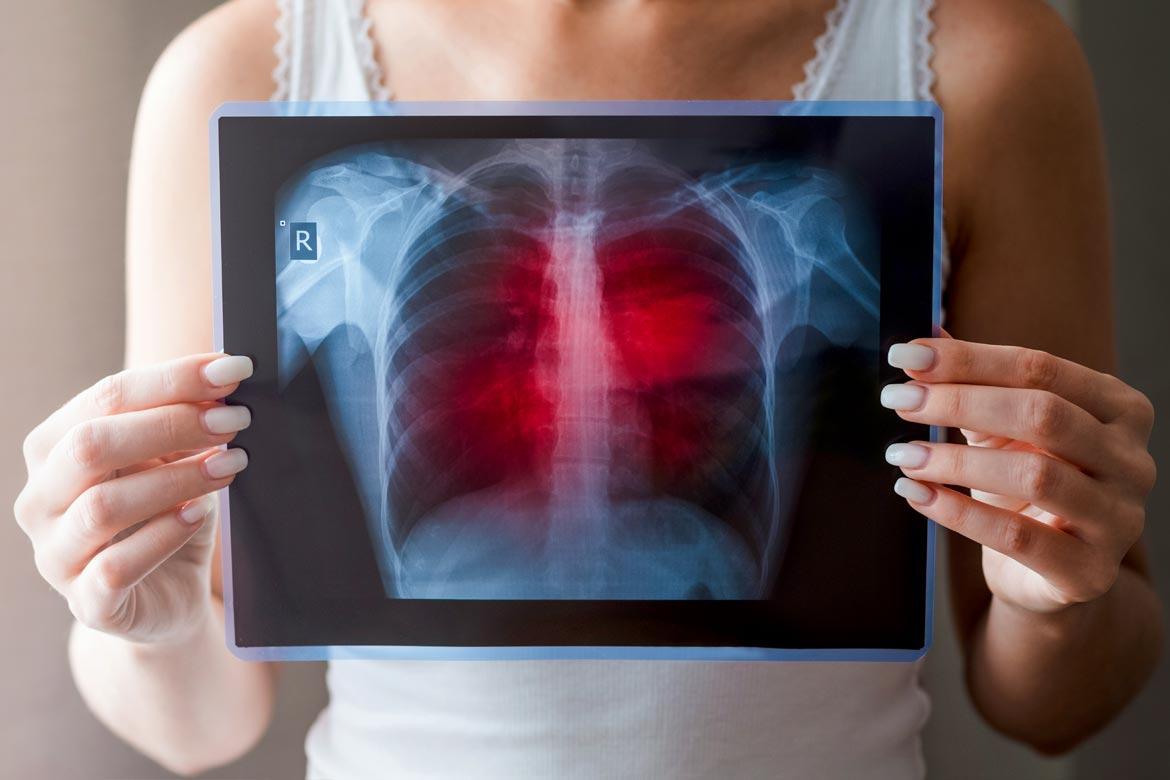Our infectious disease specialists and respiratory specialists
At Mount Elizabeth Hospitals, our specialists keep their fingers on the pulse of developments in managing and treating infectious diseases such as COVID-19. They are supported by a team of nurses and staff who are experienced in responding to your healthcare needs.
^Specialists may qualify to be on the Extended Panel (EP). You may enjoy selected panel benefits depending on your policy and riders.

 Brain & Spine Care
Brain & Spine Care







